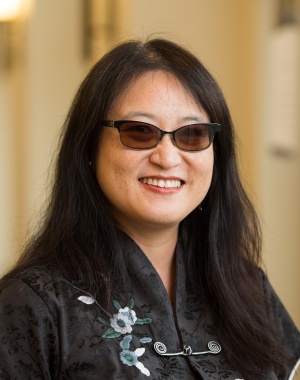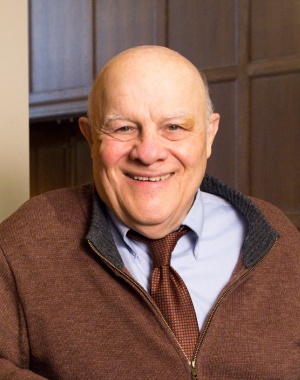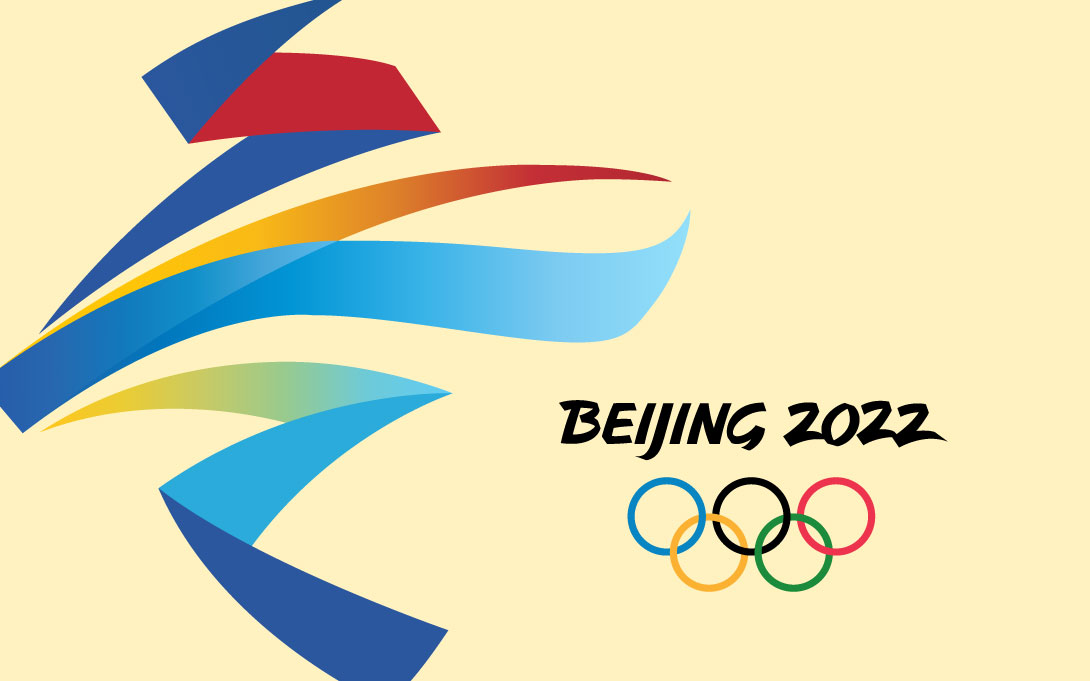
Ford School of Public Policy experts can discuss the Biden administration's diplomatic boycott of the 2022 Beijing Olympics. The move sends a message to protest human rights abuses in China while still allowing U.S. athletes to compete.
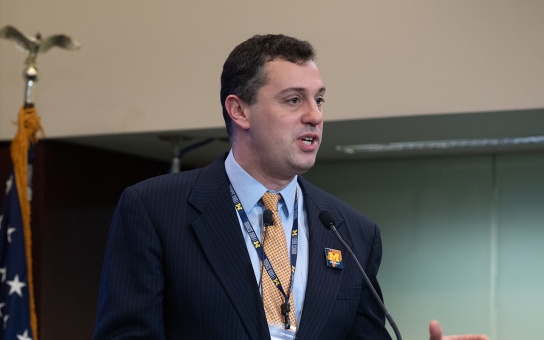
John Ciorciari
John Ciorciari is an associate professor of public policy and director of the Ford School of Public Policy's International Policy Center and Weiser Diplomacy Center. His research includes international relations, particularly in the Indo-Pacific region; international law and institutions; international criminal justice; and rule-of-law initiatives in fragile states.
"The choice of a diplomatic boycott, in contrast to the Carter administration's full boycott of the 1980 Olympics in the USSR, reflects the complexity of U.S.-China relations," he said. "The Biden administration rightly deplores the People's Republic of China's abuses in Xinjiang and elsewhere but needs to stabilize the relationship and find ways to cooperate on shared global challenges like climate change and the pandemic. Of course, a unilateral diplomatic boycott will have much less force than a multilateral one. Whether U.S. allies follow suit will have broader implications for American efforts to constrain China on human rights and other fronts in the years ahead."
Contact: [email protected]
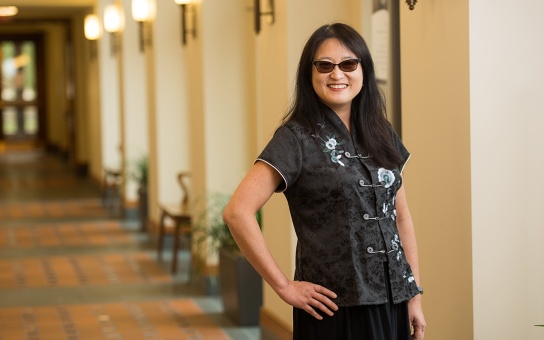
Ann Chih Lin
Ann Chih Lin is an associate professor of public policy at the Ford School of Public Policy and the director of the Lieberthal-Rogel Center for Chinese Studies. She is currently studying potential immigration policies, such as guestworker programs and legalization, and the political beliefs of American immigrants, with a specific focus on Arab Americans.
"This diplomatic boycott is not directed at China; it won't change Chinese policy and in fact will likely feed the belief, among ordinary Chinese, that the United States and other Western critics have invented stories about the persecution of Uyghurs. Instead the diplomatic boycott is really a signal to American critics that the Biden Administration will be 'tough on China.' Unfortunately, 'toughness' alone is unlikely to accomplish any of the United States' goals for its relationship with China."
Contact: 734-764-7507, [email protected]
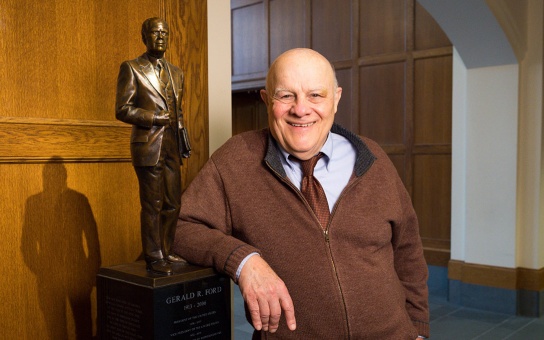
Ambassador Melvyn Levitsky (ret.)
Melvyn Levitsky is a professor of international policy and practice at the Ford School of Public Policy. A retired U.S. ambassador, he served as officer-in-charge of U.S.-Soviet bilateral relations and as a political officer at the U.S. Embassy in Moscow.
"This diplomatic boycott allows our athletes to compete, but withdraws U.S.governmental and political figures from the games, thereby showing our displeasure with China's human rights violations without punishing our athletes. This is a better way to make a political point than in 1980 when we pulled our athletes from the games in the USSR."
Contact: 734-615-4262, [email protected]
